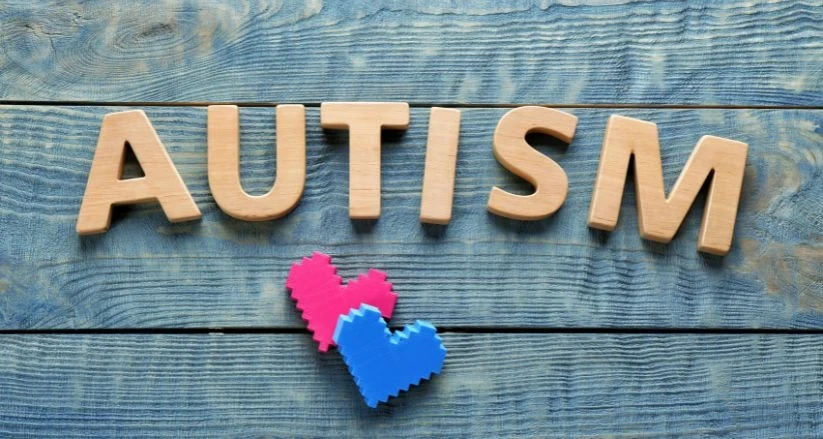
Best Stem Cell Treatment for Autism in the World
Autism Spectrum Disorder (ASD) is a complex neurodevelopmental condition characterized by challenges in social interaction, communication, and repetitive behaviors. While traditional therapies focus on symptom management, stem cell therapy offers a promising avenue for addressing the underlying biological abnormalities associated with autism. In this comprehensive guide, we explore the world's leading stem cell treatment for autism and the unparalleled advantages Turkey provides in this groundbreaking field of regenerative medicine.
Understanding Autism Spectrum Disorder
Autism Spectrum Disorder encompasses a broad range of symptoms and severity levels, affecting individuals differently. From difficulties in social communication to sensory sensitivities and restricted interests, the manifestations of autism vary widely. While the exact causes of autism remain elusive, research points to a combination of genetic, environmental, and neurological factors contributing to its development.
The Promise of Stem Cell Therapy
Stem cell therapy offers a paradigm shift in the treatment of autism by targeting the underlying biological mechanisms implicated in the disorder. Stem cells, with their unique regenerative properties, hold the potential to repair damaged neural circuits, modulate immune responses, and promote neurodevelopmental processes. By harnessing the body's innate ability to heal, stem cell therapy offers hope for improving cognitive function, behavior, and quality of life in individuals with autism.
Advantages of Stem Cell Therapy for Autism
- Regenerative Potential: Stem cells have the remarkable capacity to differentiate into various cell types, including neurons, providing a means to replenish and repair damaged brain tissue in individuals with autism.
- Immunomodulatory Effects: Dysregulated immune responses have been implicated in the pathogenesis of autism. Stem cells possess immunomodulatory properties, capable of regulating immune function and reducing inflammation in the brain.
- Neuroprotective Properties: Stem cells secrete factors that promote neuronal survival and growth, offering neuroprotection against environmental insults and oxidative stressors commonly observed in individuals with autism.
The Rise of Stem Cell Therapy in Turkey
Turkey has emerged as a global leader in stem cell research and therapy, with a burgeoning medical tourism industry attracting patients from around the world. Here are some key advantages of seeking stem cell treatment for autism in Turkey:
Cutting-edge Facilities
Turkish clinics and research centers are equipped with state-of-the-art technology for stem cell isolation, expansion, and transplantation, ensuring the highest standards of care for patients.
Expertise and Experience
Turkish healthcare professionals possess extensive experience in administering stem cell therapy, with specialized training in regenerative medicine and neurodevelopmental disorders.
Cost-Effective Solutions
Stem cell therapy in Turkey is more affordable compared to many Western countries, making it accessible to a broader range of individuals seeking innovative treatments for autism.
Holistic Approach
Turkish clinics often adopt a holistic approach to healthcare, integrating stem cell therapy with complementary interventions such as behavioral therapy, speech therapy, and nutritional support to optimize outcomes for patients.
Success Stories and Testimonials
The transformative impact of stem cell therapy on individuals with autism is exemplified by numerous success stories and testimonials from patients and their families. Contact us for more information
The Road Ahead: Embracing Hope and Innovation
As we navigate the complex landscape of autism, stem cell therapy offers a beacon of hope for individuals and families seeking effective interventions. By harnessing the power of regenerative medicine, combined with the expertise and resources available in Turkey, we can unlock new possibilities in the treatment of autism and pave the way for brighter futures.


0 Comments